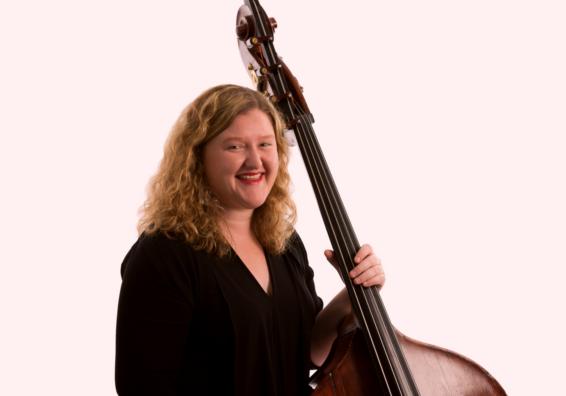MCO’s Rococo Cello can be heard in Melbourne on Thursday 02 March at The Deakin Edge, Federation Square & Sunday 05 March at Melbourne Recital Centre.
MCO: Often the music of Mozart we hear in concert is a symphony or concerto, but this music from Idomeneo is ballet music. What should people expect to hear?
Emma: With Mozart, all of his music is opera, irrespective of the genre. You can always hear different characters jumping out of the music and I think that is what sets him apart from other composers of his time – it is always dramatic, evocative and vibrant. We will be playing the overture and ballet music from Idomeneo, which was one of Mozart’s more serious operas. The libretto of this opera was adapted from a French text and what I find interesting about this music is the clear French influence that is tangible throughout, ranging from the grandeur of French overture style at the start of the 2nd movement to the more delicate and charming melodic material featured throughout the suite. As it is ballet music, the characters change more frequently and there is always a strong sense of rhythmic drive, irrespective of the tempo. It can be fun to visualise what the ballet scenes may have been – some material evokes raucous chorus scenes, whereas some seems more suitable for an intimate pas-de-deux.
MCO: The title of this concert is ‘Rococo Cello’. What is special about the music of the Rococo—what are its identifying features?
Emma: The Rococo movement emerged in France in the early 18th century as a reaction to Baroque style, which many artists believed was too grand, severe and overly structured. Rococo music tends to be light and elegant and is characterised by singing melodies with florid ornamentation. Both cello concerti featured in our program are clear examples of Rococo style – CPE Bach was one of the leading composers of the movement and Tchaikovsky revisited the style in his charming variations that work as a vehicle to showcase the cellist’s virtuosity. I particularly love the second movement of CPE Bach’s concerto. The stunning lyrical lines in the cello solo create the illusion of time being suspended and the embellishments have an almost improvisational feel. It will be a real treat to perform both of these works with a cellist as masterful as Li-Wei Qin.
MCO: Is there a particular work you are looking forward to playing in this program? What makes this particular program interesting to play?
Emma: I am really looking forward to playing with Li-Wei and hearing him play two concertante cello works that you don’t often hear performed. As our conductor Michael is also a skilled cellist, he will be able to allow him the best opportunity to showcase his craft, while helping us to support him. I am also excited to perform Haydn’s Symphony 88. It is one of my absolute favourite symphonies – I love its energy and the beauty of its effortless melodic lines. For me, the clarity and buoyancy of the fast passagework in the first and last movements evoke the bubbles of French champagne!
Interview with Tali Jenson

